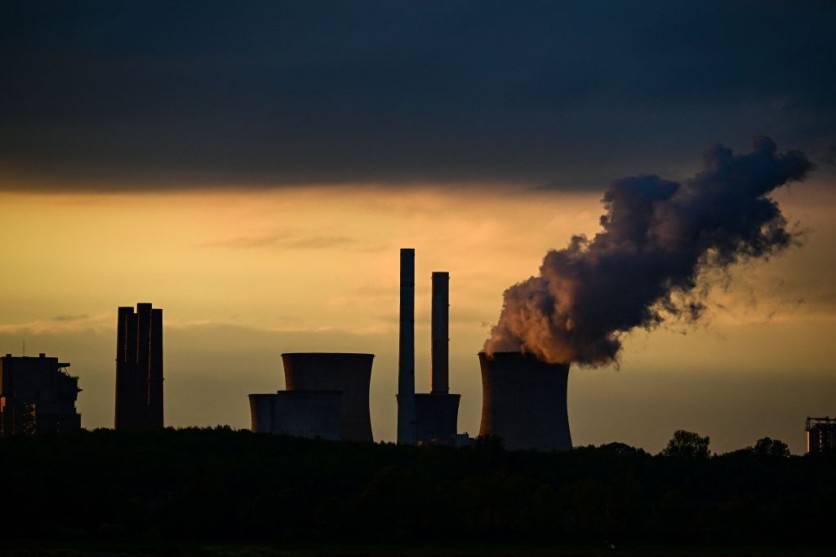The Organization of the Petroleum Exporting Countries (OPEC) has released a statement that addressed what the International Energy Agency recently said about the fossil fuel "peak" in the present. OPEC countered its statement, saying that such claims could lead to "chaos," especially in what is seen by the organization in the present, stating that its demand and supply are not yet here.
Shifting to clean energy is the massive focus of the world today, and this means leaving behind fossil fuels in the future in place for alternative and renewable solutions.
Fossil Fuel Peak Claims Countered by OPEC

OPEC has shown its disagreement with the International Energy Agency, recently addressing in an open letter about how dangerous this claim is from the agency.
"It is an extremely risky and impractical narrative to dismiss fossil fuels, or to suggest that they are at the beginning of their end. In past decades, there were often calls of peak supply, and in more recent ones, peak demand, but evidently neither has materialized," said OPEC.
Claiming that fossil fuels are at their peak supply means that the demand for this type of sources like coal, oil, and natural gas reaching "peak," and will start to drop soon.
According to OPEC, fossil fuel supplies that are nearing its peak and imply that its end is near is "simply not true," citing that it is more abundant now with the presence of technology.
Will Fossil Fuel Peak Happen in the Future?
Interesting Engineering cited that this discussion of fossil fuel peak is due to the world's massive shift towards clean energy, looking to move away from the traditional power source of the global community.
OPEC did not address whether there would be a "peak" in fossil fuels in the future, but it centered on the ideology that it is open to renewable technologies, as well as its investment in hydrogen projects, carbon capture technology, and more.
The Shift from Fuel to Clean Energy
Fossil fuel has indeed been "fueling" life since it was discovered and applied by humans for most needs now, centering on transportation, energy, and powering different industries. However, they are best known to be one of the significant contributors to pollution, the greenhouse gases that destroy the ozone, as well as contribute to the massive deterioration of air quality.
Different parts of the world have already looked into the shift to clean energy, with some promising the change in the next 10 to 20 years, with goals that start to be reached by 2030. One country behind this is the United States, with the Biden administration setting up different alternative methods to energy needs including its 25,000-megawatt plan by 2025.
Shifting from traditional power sources to clean energy is the goal now, especially as the majority of the world heavily relies on the polluting and destructive use of fossil fuels.
OPEC claimed that fossil fuels are not yet at its peak or going there by 2030, opposing what the International Energy Agency said, citing this claim to be dangerous in this age.
Related Article : World's Largest Oil Companies are Pouring Millions Into Creating a 'Climate-Friendly' Image - New Report Claims

ⓒ 2026 TECHTIMES.com All rights reserved. Do not reproduce without permission.




